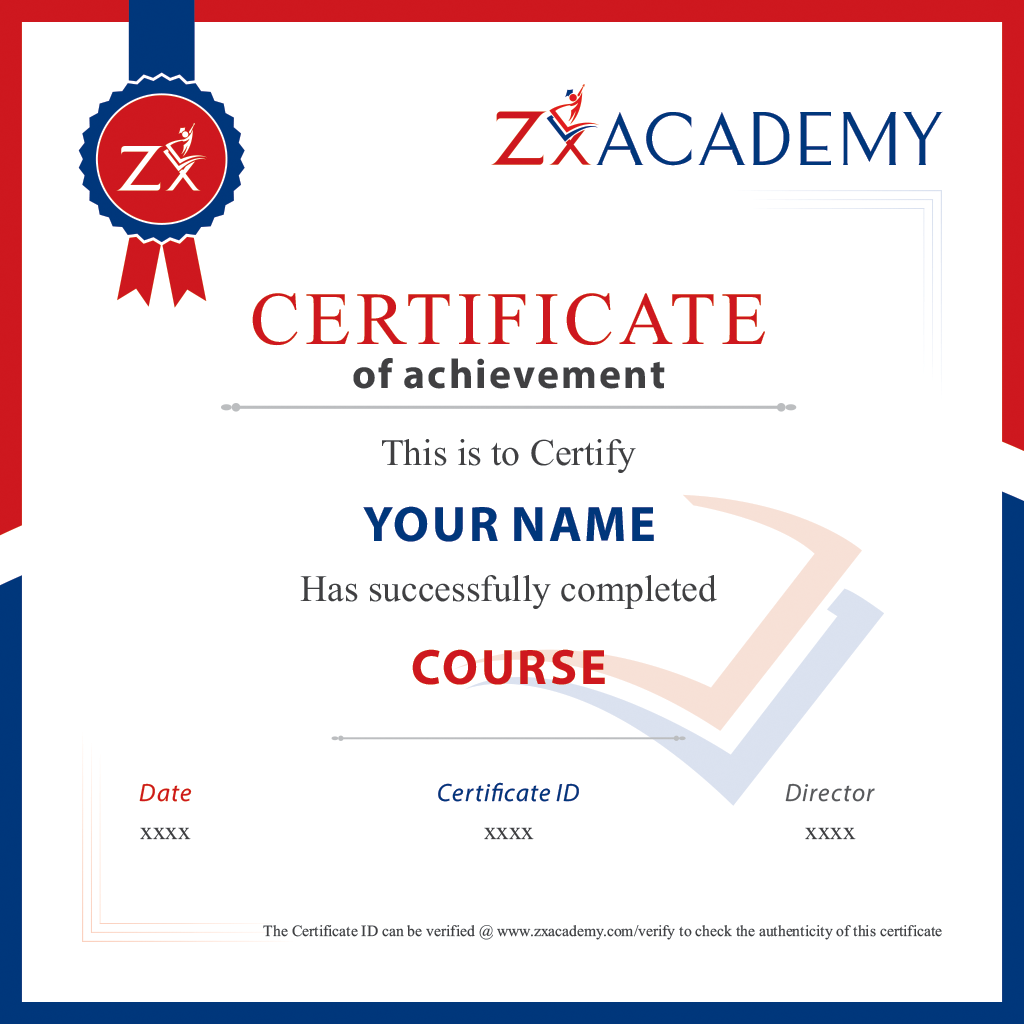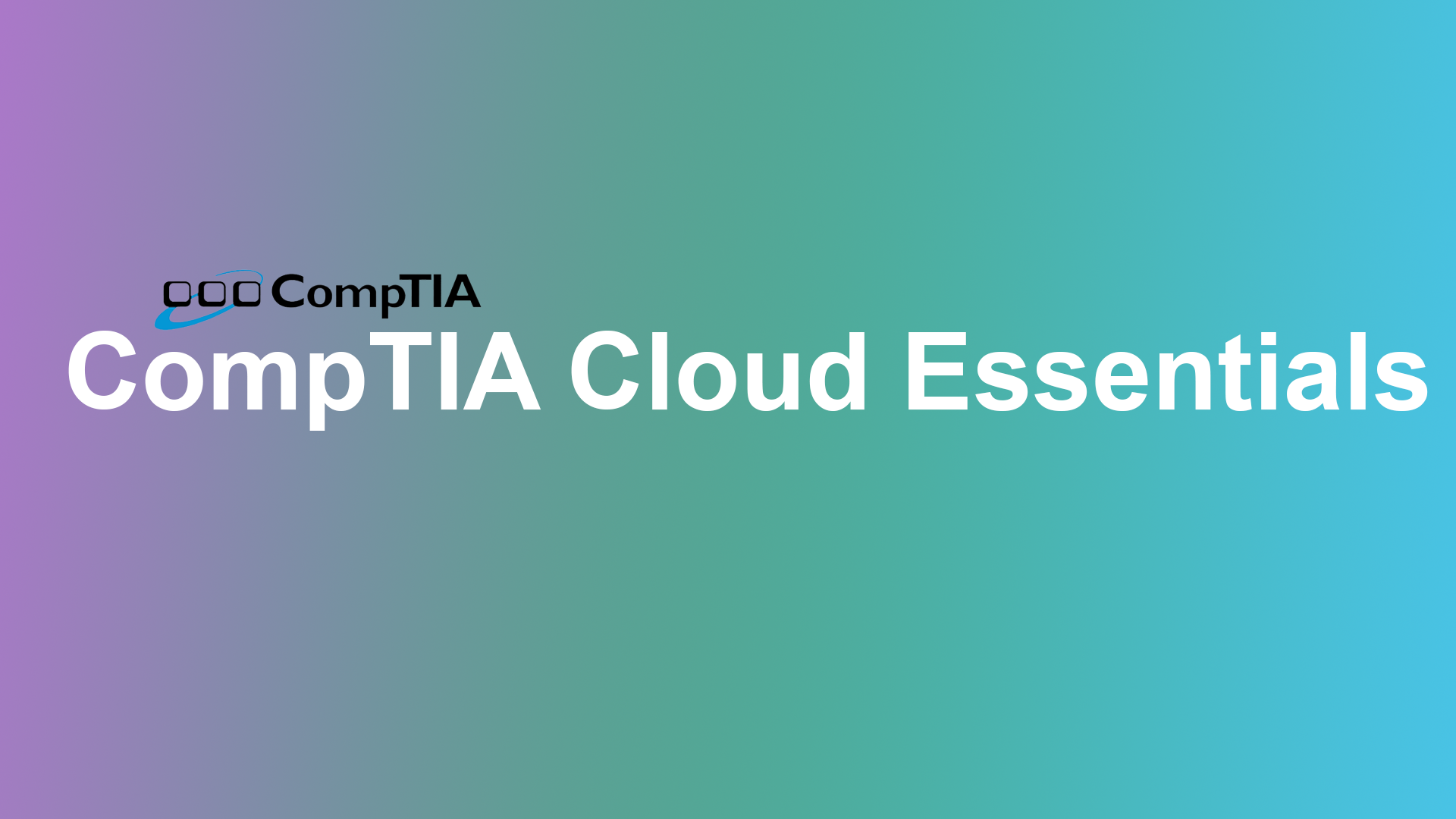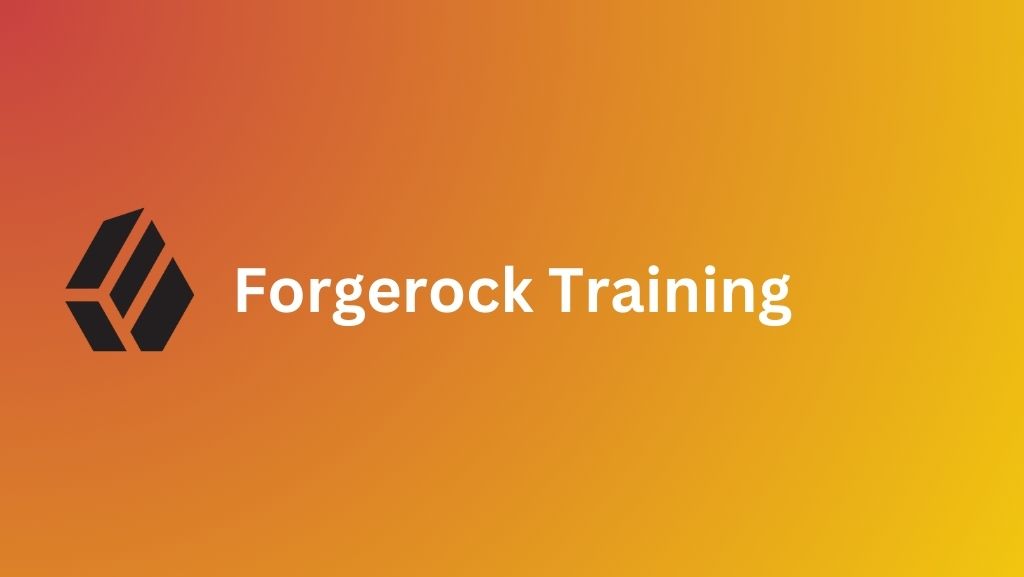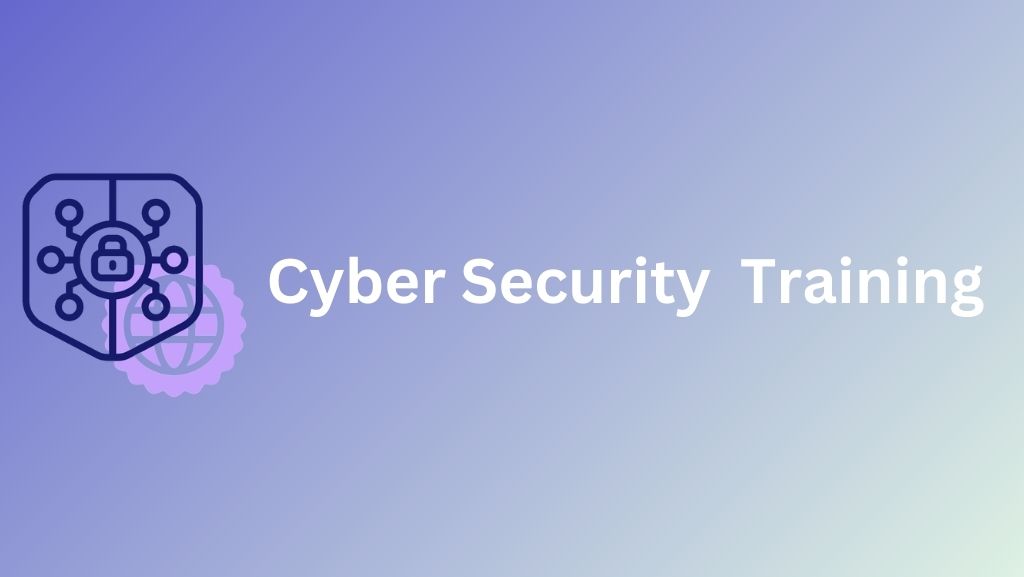Upcoming Batches for Cloud Security
Not compatible with the above dates?
Cloud Security Course Details
ZX Academy's Cloud Security Training provides participants the vital skills to secure cloud environments effectively. This program, led by industry experts, delves into foundational and advanced cloud security concepts, offering a hands-on, practical learning experience with real-world scenarios. Our comprehensive curriculum serves individuals looking to enter the field of cloud security or those seeking to enhance their existing expertise.
Enrolling in our Cloud Security Training at ZX Academy promises an immersive and instructive educational journey under the guidance of our experts. What differentiates ZX Academy is our focus on practical learning, enabling you to develop the skills and knowledge necessary to excel in safeguarding cloud infrastructures.
In the current widespread use of cloud technology, ensuring the security of cloud environments is of foremost importance. The Cloud Security course at ZX Academy is designed to provide participants with a comprehensive understanding and practical skills to protect data, applications, and infrastructure in cloud-based systems.
Delivered by seasoned experts, this training program allows you to become proficient in cloud security, preparing you to mitigate risks, safeguard sensitive information, and uphold the highest data protection standards.
Course Highlights:
Cloud Security Fundamentals: You will learn about the key principles, policies, and best practices that keep cloud data safe. We will also learn the unique challenges and opportunities that cloud environments bring.
Cloud Service Models: We will explore the security aspects of different cloud service models like Infrastructure as a Service (IaaS), Platform as a Service (PaaS), and Software as a Service (SaaS).
Identity and Access Management (IAM): Master the management of identities, permissions, and access controls within cloud systems, ensuring only authorized users can access resources.
Data Encryption: To protect private data from illegal access or data breaches, become familiar with the specifics of data encryption, both in transit and at rest.
Cloud Compliance and Governance: Understand the regulatory requirements and governance frameworks applicable to cloud security, ensuring compliance and risk management within cloud deployments.
Threat Detection and Incident Response: Develop the skills to identify, analyze, and respond to security incidents and threats in a cloud environment, minimizing potential damage.
Security Monitoring and Auditing: Discover methods for continuous security monitoring and auditing in the cloud, maintaining vigilance over your infrastructure and data.
Cloud Security Best Practices: Adopt industry-recognized best practices for cloud security to make sure that the cloud deployments of your company are dependable and well-guarded.
Hands-On Labs and Simulations: Apply your knowledge through practical exercises and simulations, gaining hands-on experience in securing cloud environments and responding to security challenges.
What Will You Learn in Cloud Security Training?
ZX Academy's Cloud Security Training program provides you with a comprehensive understanding of cloud security.
Here's what you will learn:
Cloud Security Framework: Master the essential elements of cloud security, including access management, data protection, and compliance in various cloud service models.
Risk Mitigation: Develop strategies for identifying and reducing risks in the cloud, ensuring data integrity and availability.
Compliance and Governance: Navigate the complex landscape of cloud compliance and governance, ensuring your organization adheres to relevant regulations and best practices.
Incident Response: Gain the ability to respond effectively to security incidents in cloud environments, minimizing damage and downtime.
Security Monitoring: Implement continuous security monitoring techniques to detect and address threats proactively.
Best Practices: Incorporate industry best practices into your cloud security strategy, ensuring your organization is well-prepared to protect cloud assets.
Who Should Take Cloud Security Training?
Cloud Security Training at ZX Academy is perfect for:
- IT professionals responsible for cloud security.
- Cloud architects and administrators.
- Security analysts and professionals looking to specialize in cloud security.
- Anyone interested in strengthening their cloud security knowledge and skills.
What Are the Prerequisites for Taking Cloud Security Training?
ZX Academy's Cloud Security Training welcomes participants with varying levels of experience. There are no specific prerequisites, making it accessible to those new to cloud security and seasoned professionals seeking to enhance their expertise.
Why Should You Choose Cloud Security Training?
Cloud Security Training offers numerous benefits, including
Career Advancement: A certification in cloud security can unlock opportunities in a rapidly growing field, enabling you to pursue rewarding careers in cloud security and compliance roles.
Industry Recognition: Gain recognition for your expertise in cloud security, enhancing your credibility and employability in the field.
Practical Expertise: Acquire hands-on skills and knowledge to effectively secure cloud environments, contributing to the protection of critical data and infrastructure.
Competitive Edge: Stay ahead in the ever-evolving world of cloud security by staying informed and equipped with the latest industry-standard practices and certifications.
Salary Trends:
Cloud security engineers earn an average salary of $125,010 in the US and ₹10.5 lakhs in India. The salary can vary depending on experience, location, company size, industry, and certifications.Are you excited about this?
Cloud Security Curriculum
Cloud Accounts and Groups
Policies and Permissions
Identity Guardrails
Temporary Credentials and Secrets Management
Cloud Resource and External Identities
Customer Account Management
More IAM Best Practices
Host Configuration Management
Image Management
Application Security
Threat Modeling
Platform as a Service (PaaS) and Software as a Service (SaaS) Challenges
Container Services
Cloud Storage
Data at Rest Encryption
Availability
Data in Transit
Lifecycle Management
Infrastructure as Code
Productivity Services
CASBs, CWPPs, and CSPMs
Remote Management of IaaS Systems
Segmentation
Network Protection Services
Cloud Logging Services
Log Collection and Analysis
Network Visibility
Cloud Detection Services
Cloud Auditing
Privacy and Risk Management
Serverless for Defenders
Preparing for Cloud Penetration Tests
Conducting Cloud Penetration Tests
Legal and Contractual Requirements
Incident Response and Forensics
Like the curriculum?
Projects on Cloud Security
Cloud Security Assessment Tool:
Project Objective: Develop a Cloud Security Assessment Tool that allows users to scan their cloud infrastructure for vulnerabilities and compliance issues. The tool should provide detailed reports, suggest remediation steps, and help users secure their cloud resources effectively.
Skills to Learn: Participants in this project will gain experience in cloud security assessment, vulnerability scanning, scripting, and creating user-friendly interfaces for cloud security tools.
Cloud Security Incident Response Simulation:
Project Objective: Simulate a cloud security incident and develop a response plan. This project involves identifying the breach, isolating affected resources, conducting a forensic analysis, and taking steps to recover from the incident.
Skills to Learn: Participants will learn about cloud security incident response, digital forensics, and strategies to mitigate damage during security incidents.
Project Resources
Cloud Security Certification
Access Learning Resources: Utilize various study materials, including online courses, textbooks, official study guides, and recommended readings. These resources will deepen your understanding of cloud security principles.
Hands-On Practice: Gain practical experience by working on real-world cloud security projects and immersing yourself in hands-on exercises to apply your knowledge effectively.
Mock Tests: Take advantage of practice exams and mock tests to evaluate your readiness and identify areas where you may need further study.

Get certification or Get ahead with Zx Academy’s Certification or
Faq’s for Cloud Security
Reviews
Maria




